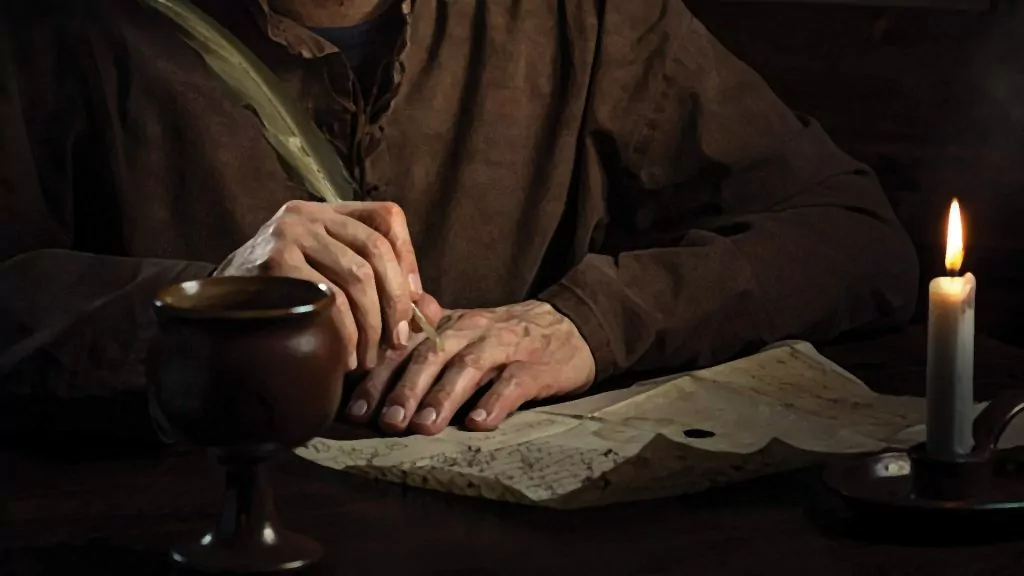My town of Lynden, Washington has a mother, Phoebe Judson, who founded our city, arriving here in 1871. She promoted Sunday closure. Here’s why.
In May, 1853, Phoebe and her husband Holden joined a covered wagon train near Kansas City hoping to reach Washington Territory by mid-October, a distance of more than 2,000 miles over the rough Oregon Trail. Like all wagon trains, they elected a captain. His word was the law. Well, they chose Rev. Gustavus Hines, only to be surprised one Saturday night when he announced the train would never travel on Sundays.
Phoebe was shocked. They had half a continent to cross, at oxen pace (15-20 miles per day on a good trail), with at least four mountain passes and innumerable river crossings ahead of them. She sat in her wagon and just fumed. One family deserted the train and joined another.
On their first Sunday, while they stood still, one train after another passed them by. But, being the daughter of a minister herself, Phoebe felt they had no choice but to honor their captain’s scruples.
They started out again on Monday, bright and early, only to reach their first river cross on Tuesday evening. A long line of wagons stretched out ahead of them, waiting for the single “ferry” to carry them across. They waited 3 days. On Saturday they resumed the journey, only to be told they would still rest the whole next day. Phoebe was livid. This made absolutely no sense to her. Still, the minister’s daughter obeyed.
Then, a few weeks later she began to see scores of dead oxen, mules and horses along the trail. They had been driven so relentlessly, they had collapse and died. She grudgingly admitted that perhaps the animals needed a day of rest.
A few weeks later, she ruefully admitted that maybe the men needed it too, since they walked most of the time. Then she slowly began to notice that as they worshipped, ate, rested and even played together on Sundays, it had a remarkably salutary effect upon people’s spirits. There was less grumbling, more cooperation. She even noticed that they seemed to make better time the other six days.
Finally, what totally sold her on the value of the Sabbath happened one Sunday evening: the family that had deserted them came limping into their campsite, humbly asking to rejoin them. She had assumed they were at least a week ahead; in fact, they had fallen behind. Their own wagon train had broken down! Of course they welcomed them back. And so it happened that they reached their destination in plenty of time, as friends, and out of the 50 head of cattle with which they began, only two were lost.
This an excerpt from a Pastor Ken Koeman’s longer article on the 4th Commandment which you can read here: Practicing the Sabbath. This first appeared in the Jan/Feb 2018 issue.













